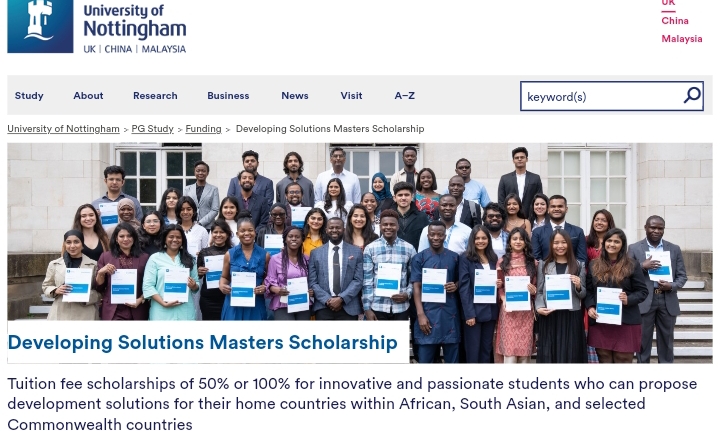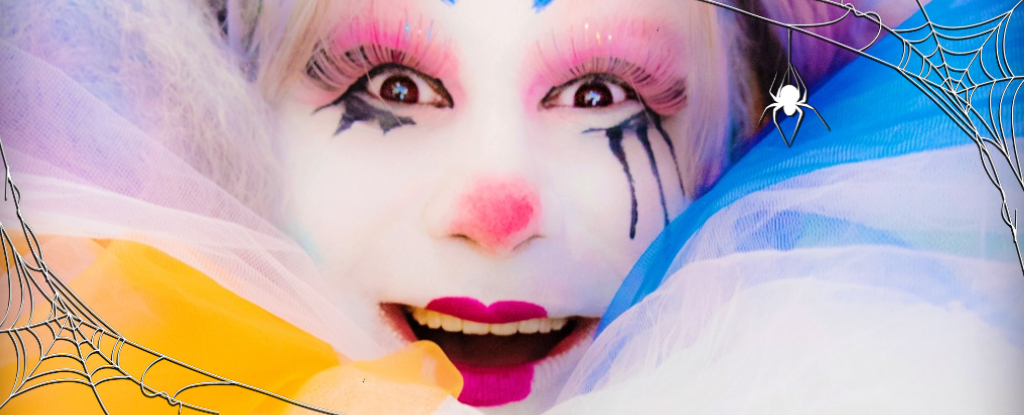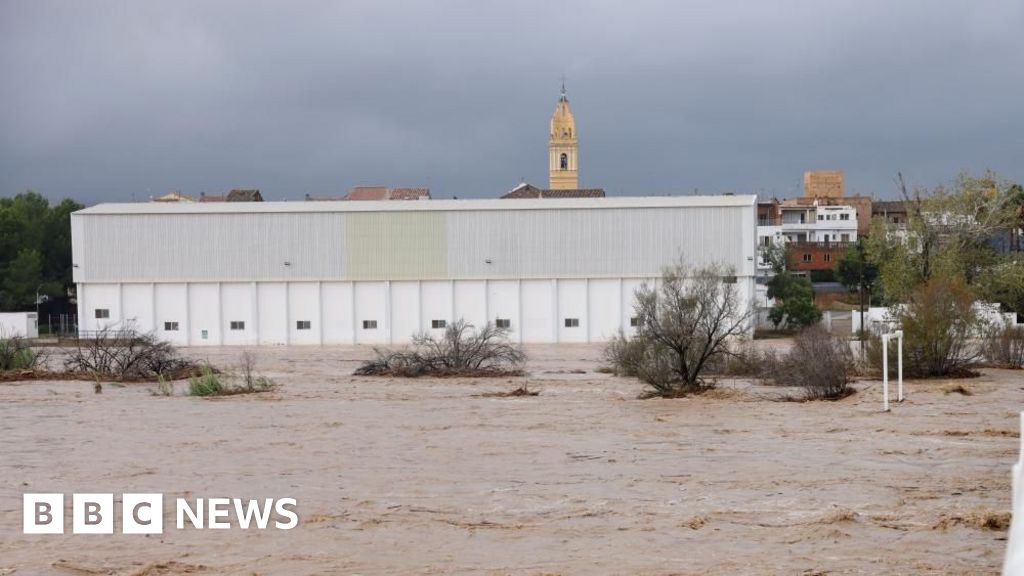Place your adverts here on InfoDig @ low rates; banner ads, sponsored links and guest articles etc. Contact us
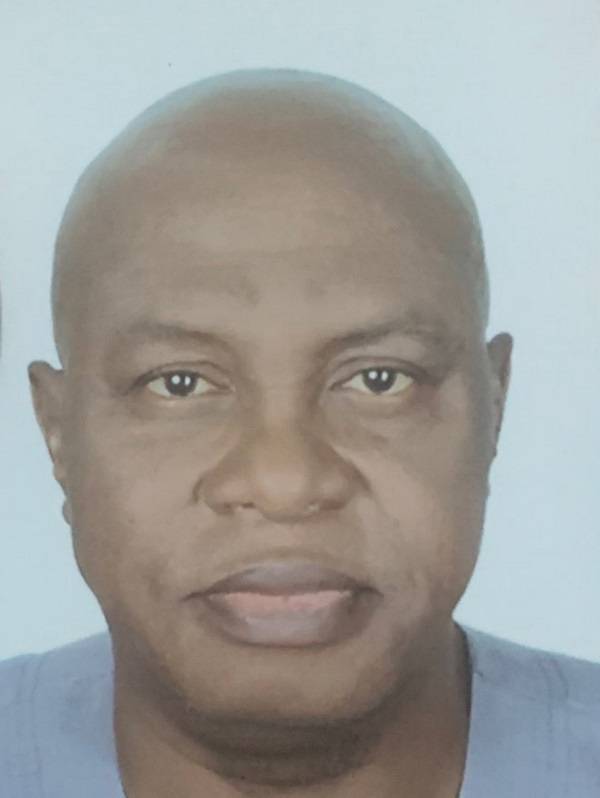 Sonny Aragba-Akpore
Sonny Aragba-AkporeOn Monday, September 16, 2024, ByteDance and its short-video platform TikTok presented their case in a packed Washington D.C. Federal court, appealing a law that could effectively ban TikTok in the U.S. by January 2025 unless it divests from its parent company.
As TikTok fights to stay in the U.S. market, Nigerian content creators face challenges not only from TikTok but from Facebook and Instagram too, as these platforms ramp up their efforts against policy violations.
TikTok, Facebook and Instagram might have solid reasons for these decisions, but the impact on Nigerian content creators is profound. Last week, Meta, the parent company of Facebook, Instagram and WhatsApp, deleted more than 1,600 Nigerian accounts it said were connected to scams operated by ‘Yahoo Boys.’ On October 17, 2024, Meta took down these groups, labelling their activities “financial sextortion scams.” Alongside this, Meta removed 63,000 Nigerian Instagram accounts under their policy on “Dangerous Organisations and Individuals,” which bans scammers.
In addition, Meta introduced protective features specifically aimed at reducing teenage sextortion, blocking suspicious accounts from following minors, and restricting scammers’ access to followers’ lists, often used to target victims.
Meanwhile, in the U.S., TikTok’s legal team argues that banning the app violates the First Amendment rights of U.S. users. ByteDance’s lawyer Andrew Pincus claims that TikTok’s U.S. division is an American entity and compares the ban to barring Americans from publishing on foreign-owned media outlets like Al Jazeera. The case also highlights TikTok’s recent actions in Nigeria, where it removed over two million accounts, echoing similar action in 2023, when 1.7 million Nigerian accounts were deleted.
TikTok’s early 2024 report shows that Nigerian users make up a substantial portion of its audience, with 23.84 million users aged 18 and older according to DataReportal. Although TikTok’s policies permit accounts for users as young as 13, its ad tools display data only for users 18 and up. ByteDance noted that TikTok ads reached 20.8 per cent of Nigerian adults and 23.1 per cent of Nigeria’s internet users at the beginning of 2024. The platform’s ad audience in Nigeria was 40.9 per cent female and 59.1 per cent male, showing broad demographic coverage.
Nigerian content creators have also been impacted by TikTok’s actions over suspected policy violations. In Q2 2024 alone, TikTok removed 21.6 million Nigerian accounts, allegedly belonging to users under the age of 13. ByteDance stated these accounts were permanently banned due to violations of TikTok’s Community Guidelines, with notices sent directly to affected users. Additional accounts were removed for inactivity, having not been accessed for more than 180 days.
TikTok’s Community Guidelines Enforcement Report provides further details on its approach, revealing that the platform’s safety systems removed approximately 178 million videos globally in June 2024 alone, of which 144 million were flagged by automated systems. The report reflects TikTok’s reliance on advanced detection tools to address harmful content. TikTok’s safety team cited that 98.2 per cent of content violating their policies was removed before it could be flagged by users. Over 40,000 safety professionals work to ensure community protection, upholding TikTok’s policies on privacy, mental health, and civility, among other areas.
In Q2 2024, TikTok deleted over 176 million videos globally, with 2.1 million from Nigeria, representing less than 1 per cent of all uploaded content in the country. Nigeria ranked in the top 50 countries for policy violations. During the same period, TikTok removed around 169 million accounts globally identified as “fake” or “involved in spamming activities.” TikTok reported taking down over 169 million fraudulent accounts between October 2023 and the end of that year. In recent months, it also removed approximately 1.2 million fake bot comments on videos tagged with Israel-Hamas-related hashtags, furthering its fight against fake engagement and misinformation.
TikTok has grown to become one of the world’s leading social media platforms since its international launch in 2017, after ByteDance first introduced it as Douyin in China in 2016. Founder Zhang Yiming envisioned a global platform and quickly expanded the app internationally, merging TikTok with Musical.ly in 2018 to gain traction in new markets like the U.S. and Thailand. By April 2020, TikTok had achieved two billion mobile downloads. In 2021, it generated $4 billion in advertising revenue, with one billion users and over 30 million users in the U.S. alone. By 2022, it entered U.S. e-commerce, inspired by the success of TikTok Shop in the U.K.
Despite its rapid growth, TikTok has faced increasing scrutiny over data privacy, misinformation, mental health risks and concerns that ByteDance might share data with the Chinese government. These concerns have led to fines, bans, and restrictions on TikTok in multiple countries, with national security fears sparking calls for tighter regulation.
In early 2024, Shou Zi Chew succeeded interim CEO Vanessa Pappas as TikTok’s CEO. Under his leadership, TikTok now has over one billion global users and has reshaped how the app influences trends in food, music, fashion, and broader culture.
ByteDance’s U.S. e-commerce expansion in October 2022 underscored TikTok’s ambition despite ongoing security concerns. The company partnered with prominent organisations, including the NFL, allowing creators to embed merchandise sale links within their content. While this strengthened TikTok’s U.S. footprint, it also brought heightened scrutiny from regulators concerned about data handling practices and content curation.
The platform’s dominance across markets has reshaped social media, with ByteDance focusing on connecting creators with new audiences via advanced algorithms. The U.S. remains concerned about TikTok’s data policies, fearing potential Chinese government access. These concerns led to President Joe Biden’s Executive Order in April 2024, mandating that TikTok sever its connection to ByteDance by January 2025 to operate in the U.S. TikTok’s U.S. legal team contests this, arguing that the platform is an American entity and that any ban would unjustly limit the free speech of its American users.
In Nigeria, the social media landscape has shifted due to increased vigilance and stricter enforcement of platform policies. Platforms like TikTok and Meta have shown a readiness to take action against accounts flagged for policy breaches. ByteDance’s approach emphasises community safety, using automated technologies for swift content removal, with nearly 98 per cent of policy-violating posts flagged before user complaints.
The Nigerian content creator community finds itself navigating the complex realities of digital platforms, as both global regulatory pressures and platform-specific policies shape their experiences. For Nigerian creators, compliance with these platforms’ standards has become critical to sustain their reach and engagement, especially as TikTok has grown to influence daily life significantly. ByteDance reported that Nigerian TikTok ads reached an estimated 20.8 per cent of adults, with substantial engagement among male and female users. TikTok’s ad targeting tools, however, restrict visibility to data for users aged 18 and above, despite allowing ads to users as young as 13.
Meta’s recent policy enforcement in Nigeria also reflects broader efforts to curb activities associated with ‘Yahoo Boys.’ Facebook accounts were flagged and removed under policies designed to protect users from scams. Over 1,600 Nigerian accounts were deleted on Facebook, while 63,000 accounts were removed on Instagram due to financial sextortion scams. Meta is also working to shield teenagers by restricting suspicious accounts from following them.
TikTok’s Community Guidelines Enforcement Report for Q2 2024 gives insight into the scale of its content moderation efforts, with the platform globally removing 176 million videos, over two million of which were from Nigeria. The Nigerian accounts flagged largely involved suspected underage users, banned after TikTok’s enforcement of age restrictions. ByteDance has clarified that TikTok’s AI-driven tools automatically disable accounts deemed inactive for more than six months or detected with fake engagements, aligning with global policy enforcement standards.
The broader context of Nigerian social media use, affected by shifting platform policies, reflects the complex environment where content creation intersects with platform regulations and policy enforcement. The outcome of TikTok’s legal battle in the U.S., along with Meta’s ongoing crackdowns, will shape the future of social media not only in Nigeria but worldwide. Nigerian creators continue to face uncertainties as they adapt to these challenges, underscoring the delicate balance between platform compliance and creative expression.

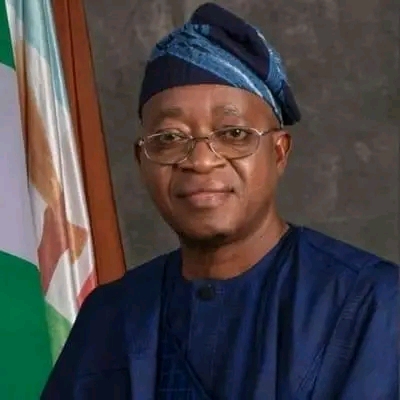






_1730280064.jpeg)

